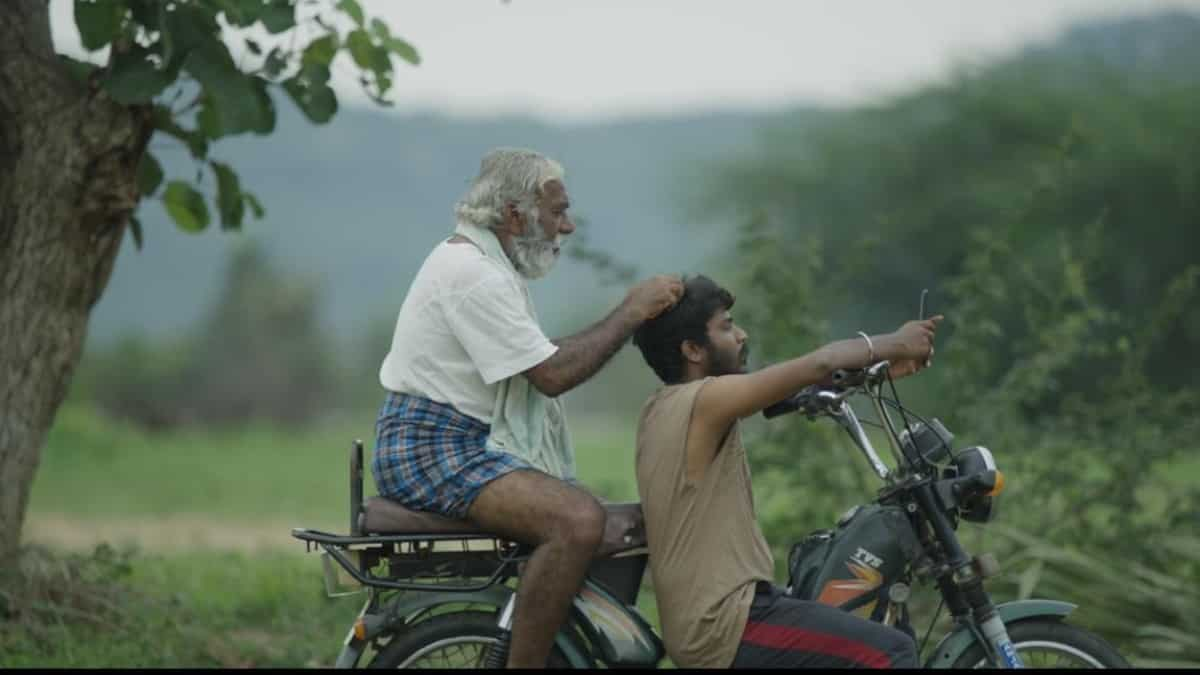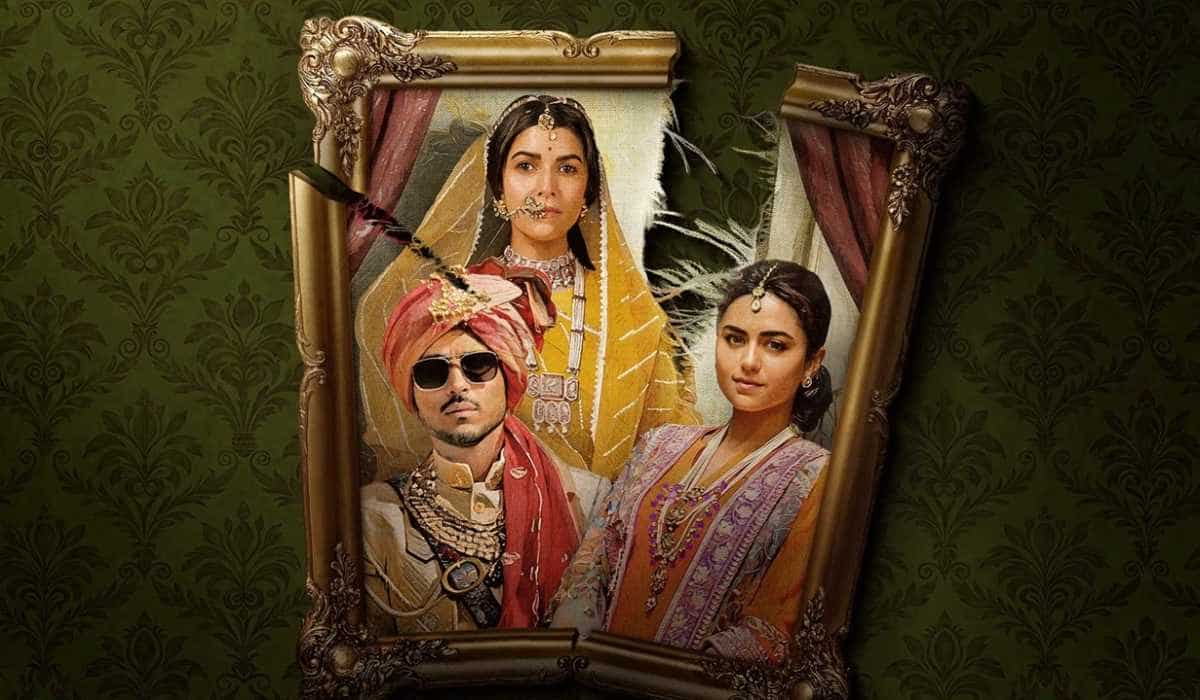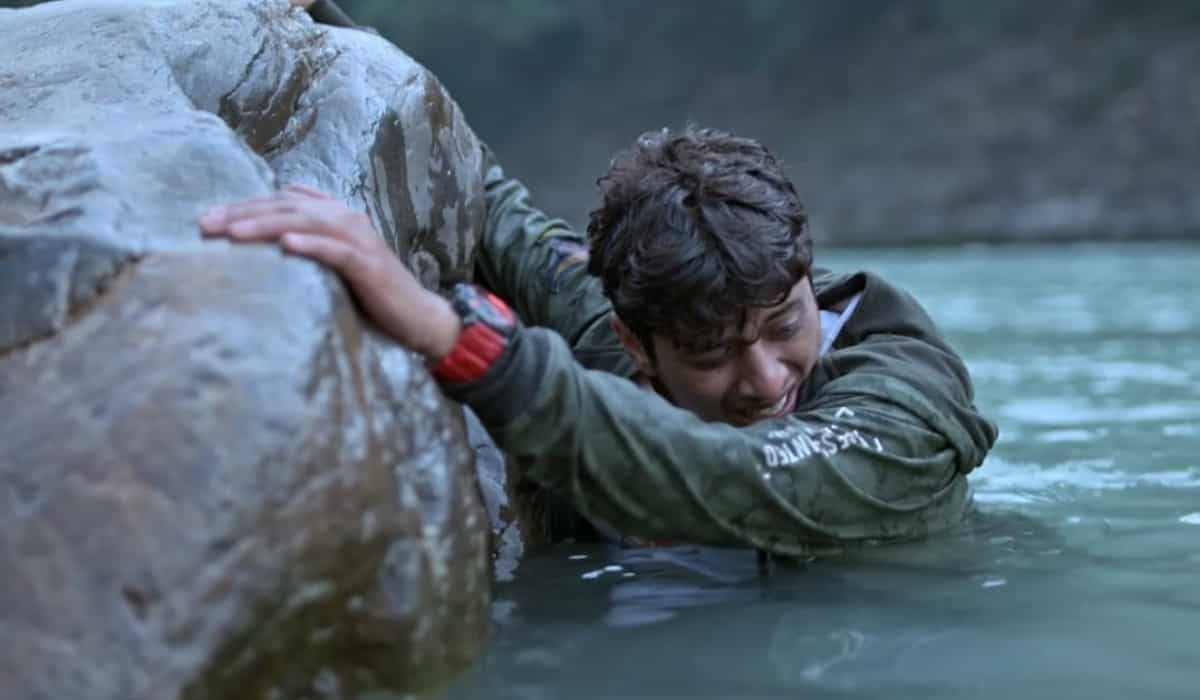
The Sabarmati Report review: Vikrant Massey is effective in retelling of 2002 Godhra train burning- from the media's POV
5 months ago | 5 Views
The Sabarmati Report review: This Friday, it seems, is all about cinematic recreations of events that changed India’s history. Nikkhil Advani’s series Freedom At Midnight and Dheeraj Sarna’s The Sabarmati Report. Thankfully, both aren’t frivolous affairs.
Vikrant Massey, after delivering the brilliant 12th Fail, is back to zero— ground zero, as he mentions in this one. The film is based on the horrific Godhra train burning of February 27, 2002, in which dozens of people were charred to death.
The plot
The plot here begins, interestingly enough, from a vernacular reporter Samar Kumar’s (Massey) POV, who belongs to the entertainment beat of a news channel. He is asked to handle the camera duties for the fierce Manika Rajpurohit (Ridhi Dogra), the channel’s star ‘English reporter’. The difference in treatment towards journalists from the two languages is a major theme.
They cover the Godhra train incident on the ground and discover that it wasn’t an accident. But Samar is taken aback when Manika's reporting claims otherwise. He submits a tape to his news channel with testimonials of victims, but they refuse to air it and claim it is their property. He gives up on journalism, and what happens next is the rest of the plot.
The treatment
The film's first half has a good pace, with the back-and-forth between Manika and Samar keeping the interest alive. The conflict feels right and believable too. Vikrant has found his niche— stories where the system tries to oppress his character, but he emerges triumphant ultimately. In the process, he undergoes a metamorphosis and gets at least one monologue in the screenplay. And we aren’t complaining about it being a template now because he is effective. Ridhi has a good screen presence and doesn’t go overboard with the arrogance she needs to emote.
The second half of the screenplay, written by Avinash Singh Tomar and Arjun Bhandegaonkar, is where things go helter-skelter. The chase for truth gets repetitive, with Rashii Khanna’s character Amrita Gill and Samar investigating. After a point, you stop keeping up. The film redeems itself in the last scene, where Massey breaks the fourth wall and gives an identity to the 59 people who lost their lives in the Godhra incident.
The Sabarmati Report consciously stays away from using a lot of ‘Hindu’ and ‘Muslim’ tags outright. There’s some subtle messaging the film tries, though. Sample one scene where a ‘mystery figure’ meeting a news channel’s team is given a hero’s entry. That takes away from the seriousness of the subject at hand. The makers also have this urge to pepper some light-hearted banter between Samar and Amrita in some places- which again doesn’t fit. The background score by KSO Audioworks is not up to the mark.
The verdict
Overall, The Sabarmati Report is an interesting take on something which shook India, the aftereffects of which can be felt to date. It steers off somewhere in the middle of the road, makes us question its intentions a couple of times, but comes back on track for the climax. Decent performances help it.
HOW DID YOU LIKE THIS ARTICLE? CHOOSE YOUR EMOTICON !
#




















